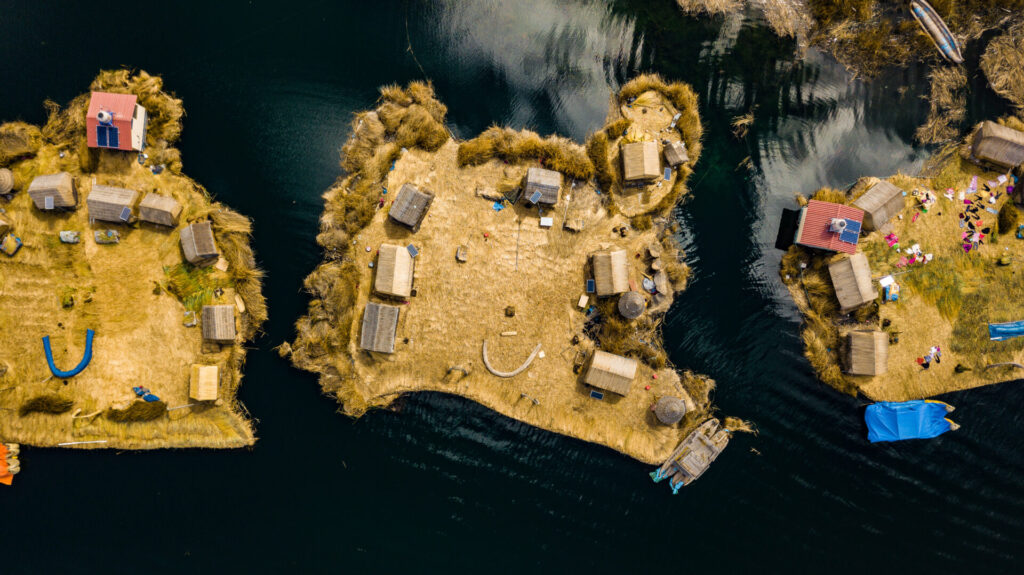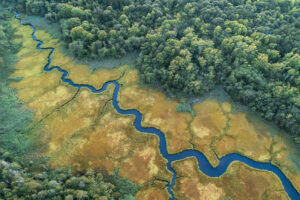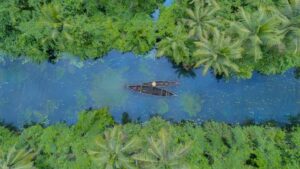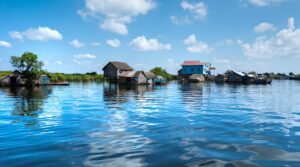PERSPECTIVES
This is archived version of the SIWI website, preserved to showcase how it previously appeared.
To access the current, live site, please visit siwi.org.
The purpose of the working paper is to examine how Indigenous Peoples can have a more meaningful role in Transboundary Water Cooperation (TWC). The working paper draws on case studies and literature to explore how Indigenous Peoples have been engaging in TWC and where barriers to their inclusion persist.

The paper contains the following recommendations that should support and improve platforms for engagement, and to increase the presence of Indigenous Peoples in transboundary processes. These recommendations include:
1. Recognition that Indigenous Peoples have inherent rights and obligations regarding water and their traditional territories, based upon long standing relationships with their environment.
2. Recognition of different value systems for water and water governance, and their impacts on agreed upon priorities.
3. That water governance should reflect on, and account for, differences in goals, values, and objectives between differing parties.
4. Improve the resourcing of participation of Indigenous Peoples in water governance, including capacity development. Capacity needs vary across Indigenous Peoples, including but not limited to legal and technical knowledge, expertise, and staff, financial resources, and leadership.




This is an archived version of the SIWI website, preserved to showcase how it previously appeared.
To access the current, live site, please visit siwi.org.
We use cookies on our website to make your experience better. Your personal data is safe and we do not sell it to anyone.
The website is running without cookies, some features will not work.